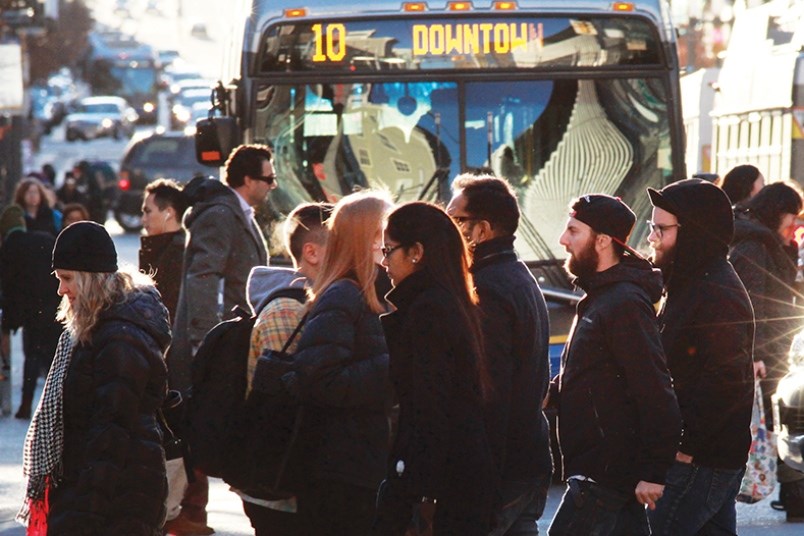On Friday, May 8 TransLink announced that it was rolling back planned service suspensions and layoffs after talks with the provincial government. While no specific amount of emergency funding was named, there is an assurance from the province that it will work with TransLink to address the transit authority's financial issues. TransLink has still not received federal funding and is pursing it in concert with the province.
As businesses and services across the province begin to reopen, a large segment of the provincial economy is still reeling from COVID-19’s impact.
Falling ridership and declining revenue have forced TransLink to make cuts. Service reductions have included 47 routes being suspended in early May.
And restoring service won’t be easy.
“It’s not simply a matter of flipping a switch and just adding service back,” said TransLink spokesman Ben Murphy.
He said revising timetables and schedules and publicizing them takes weeks. If ridership demand picks up before TransLink has the time and money to resume suspended services, it could become a bottleneck to B.C.’s recovery.
However, the logistics of returning transit service may be the least of TransLink’s concerns. Before it can focus on bringing people back to work and returning services to normal, it must deal with repercussions of the massive revenue loss during the pandemic.
Ridership has dropped 83% across TransLink’s system and has not grown since it bottomed out. At the beginning of the pandemic, TransLink was losing $75 million a month. It made significant service cuts and laid off 1,492 employees but continued to lose $50 million a month.
Murphy said TransLink’s cash reserves will sustain the system for several months, but more cuts will be needed if no emergency funding can be secured.
Less travel has caused multiple troubles for TransLink. Not only are fewer people tapping their Compass cards but fewer vehicles on the road also mean less gas tax revenue for the system. TransLink has suffered a 60% decline in that revenue.
Despite the revenue problems facing transit authorities across the country, federal transit aid has not been made available, and TransLink doesn’t qualify for other benefits, including the 75% wage subsidy.
“The provincial government has given us some assurances that they will assist us in getting to near normal [ridership] levels in September, but exactly what that looks like is still being figured out,” said Murphy. “The province is lobbying the federal government and the premier has been quite a strong advocate for us, but it’s an unsure situation where we go from here. If funding isn’t forthcoming that’s going to be a very big problem, and tough decisions will have to be made.”
While TransLink is counting on emergency funding in time for the back-to-school season, it recognizes that the demands on the transit system will be greater than pre-pandemic levels to accommodate social distancing requirements.
TransLink safety measures during the pandemic, which include a no-standing rule and empty seats between riders, have reduced bus capacity 70%. This means more money will be needed to run additional services.
TransLink hopes that by September, it can return to near-normal levels of 90% capacity and eventually reach or exceed pre-COVID-19 levels
Transit is a key part of restarting the economy, according to Ken Peacock, chief economist at the Business Council of British Columbia.
“For the economy to recover it will be important for transit to be well funded and to operate at a reasonably high level of service. There will almost certainly be a need for additional external funding from government.”



